![How To Deal With Sensory Overload [9 Tips For Overstimulation]](https://happyrubin.com/wp-content/uploads/2019/12/ik-ben-overprikkeld-150x150.jpg)
Letting go of judgement: 19 tips to not judge others
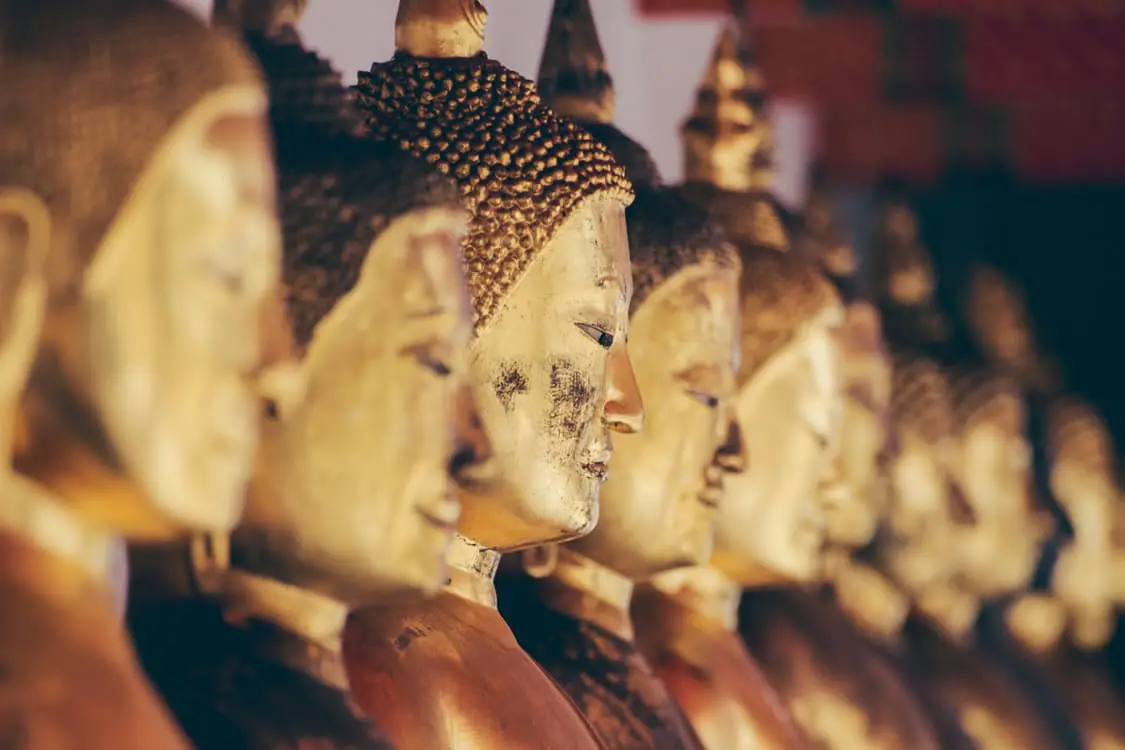
How do I stop being so judgmental? How can we stop judging others? In this article, you will learn what you can do in order to let go of judgement. Read along for the tips, quotes and examples for letting go of judgement…
Contents of this page:
What is not judging? First, let’s look at what judgment is …
Judging means making a comparison between “what is” and “what it should be.” You are then dissatisfied with the current reality. This applies to your emotions, for example, but also to the things that others do or the things that happen at all.
Judgment also means confusing someone’s unconscious behavior with who that person is , or projecting your own unconsciousness onto someone and confusing that with who that person is.
Not to judge is to see that the behavior of other people is pure conditioning : it is not who they are, but who they pretend to be. Start by not judging yourself anymore, and then go on judging other people. Do you have a partner, for example? Then have complete acceptance of your partner as he or she is.
We are always new. So we are not our conditioning.
However, not judging does not mean that you have no backbone when someone does something wrong: you can name someone’s behavior that needs to be changed. Do this while you are alert and present, without ego interference, without judgment.
Pure attention without judgment is the highest form of human intelligence and an expression of love. It is calming, it makes you a nicer person, you can really be there for people.
How do I do that? Don’t judge others (and myself)?
How to not judge others? Let’s take a look at the tips:
Tip 1 – Don’t look at the conditioning, but at the human being
Meet people you know without meeting them or your past. Don’t meet them as a walking personal history. For example with your family members. When you think about a person’s conditioning, so his or her past, you think you are interacting with other people, but there is no one there, just a bunch of conditioning (actually a big bunch).
Nobody is home then. That’s not who they are. What you ca n’t think about in the other person is who they are, and that’s who you are.
Unless you’re joking, never think, “You remind me of person x … You’re one of those … I know your type …”
Tip 2 – Don’t confuse people’s unconscious behavior with who they are
How do you do that, not judge? Don’t confuse people’s unconscious behavior with who they are. Did someone do something bad like lie? Think of lying as undesirable behavior and don’t let that say anything about who this person is. In fact, also mention the good in people when they have done something bad.
Tip 3 – Get rid of your mind

You can also achieve non-judgment by calming ‘your thinking’. How different is the meaning of your experience if you don’t think hard for a moment! Sometimes you look for a moment the nature and quiet your mind, before you thought it might be decided very nice to find (which is another concept). You do not interpret what you see for a moment. Perception takes place instead of conception. You don’t know anything.
What you ca n’t think about in the other person is who they are, and that’s who you are.
Tip 4 – Don’t mislead yourself with stories and thoughts (the ego) – Stick to the facts by staying in the here and now
Situations don’t make you unhappy, they can at most give you physical pain. Thoughts make you unhappy, as do interpretations and stories that you tell yourself, often in the form of complaining. This proves us right and the other wrong. And it puts us in a position of fabricated superiority. The ego needs these created enemies. What a terrible day. He’s abandoned me. ‘
“That reminds me of …” is an interpretation.
Instead, if you are experiencing suffering, unhappiness, and problems, do the following: stay in the now. Unhappiness, thoughts, stories and problems cannot survive there. Suffering starts when you label situations as unwanted or bad: when you detest a situation.
Without a story we are fulfilled.
If you are in such a situation, stick to the facts: ‘I fell, in the mud, in the rain. I missed the plane. The cup is broken. ‘ Don’t judge this situation as bad, good, or painful. Can you accept that moment, with everything that happens in it? If you let it ‘be’, enormous forces are released.
Which of the two is worse? The falling rain or your resistance to the rain? The wind or your fight against the wind? The rate at which the grass grows or your desire for it to grow faster? Everything that is happening in this moment or your rejection of what is happening now? Can you consider the possibility that life is never ‘against’ you?
– Jeff Foster, from ‘The Free Fall in Life’, free translation
Tip 5 – Stop ‘labeling’

Mental labeling, what is that? Let’s grab some examples. Your mind cannot know a tree. Only facts and information about the tree. My thinking cannot know you, only facts, judgments, labels and opinions about you. You put labels on something and it becomes more and more ‘dead’.
If you just think and immediately think about what you see, you don’t see real beauty. You then attach labels to it. You walk superficially in a park: ‘Oh what beautiful flowers. Okay what’s next to think about? Oh yes I have to finish that, and that important thing … ‘If you weren’t really looking, at that moment you had a memory of long ago as a child, when you saw how beautiful a flower was, instead of in the now to look at the flower to discover it.
If you say that there is a flower, then you crush reality in one fell swoop. Reality just shines, and that has nothing to do with words.
Also read the article on spiritual awakening . You may also find in the here and now that your compulsion to label your experiences and senses disappears. You can then see, hear or touch something without immediately putting a label on it, naming it something, having a conclusion about it, comparing it to something … You can be near a tree or flower, and just look .
When you label, you say, “Oh, okay I know what it is now.” Then you miss the depth, mystery and you don’t make contact with it. You miss its essential reality. And the surprise is: you do this with yourself too: you attach concepts and labels to who you think you are, and then you miss the depth of your own being.
How simple would life be? It was raining, he didn’t call. I was there. He wasn’t there. That’s all.
– Eckhart Tolle
The article about mindfulness & children also discusses this: experience everything as new and fresh, without labels.
Rain doesn’t make you grumpy. Rain makes you wet.
Tip 6 – Be practiced in non-judgment
Even if you think you are not judging, it could be that you are still doing it. “I have to accept that I live in a bad place.” Where is the acceptance then? Then you have already judged it bad.
So how not to: “I have to accept that I’ve wasted the next 25 years of my life, that I’m stuck, that I’m sick …” All you have to accept is the reality of this moment. There may be pain, but not the story around it. So be careful. Don’t dive into the story. Stick to the simplicity of what’s there. State the situation. This is the situation, and don’t add anything to it. You don’t interpret for a while.
Do you judge? Then you make your world smaller. You become blind to what can actually be experienced. You shut yourself off from development and growth and you become boring. Your life loses color.
Tip 7 – Assume that everyone is doing their best

If you assume that everyone is doing their best, you will find that you have lost judgment for them.
Instead of fighting the dark, you bring the light.
Tip 8 – Learn the skill ‘Calibration’
By calibrating , you have more information about whether changes have taken place in the other person. It is important to stick to that information and then ask what exactly is going on. That’s what the next tip is about.
Tip 9 – Ask questions
When you ask questions , you bring more actual information to the surface, so that the stories and judgments no longer have a chance to survive. To put it in the TOTE philosophy : with a question you are performing the ultimate ‘test’ before you proceed to ‘exit’. This prevents mind reading.
Tip 10 – Observe!
Observe and experience what occurs in the here and now. Without wanting to change it, you look at your own feelings, physical sensations, emotions, thoughts and events. If you do this with someone else, observe everything you can see and hear, without interpretations of it.
Learn to sit back and observe. Not everything needs a response.
Tip 11 – Feel emotions and feelings without a second layer of judgment on top
Feel every emotion that arises in you and do not find anything of it. Accept all those emotions and feelings. Allow them completely. For example, be sad, disappointed, and down without feeling down about feeling down as well.
Tip 12 – Just be aware that you are judging
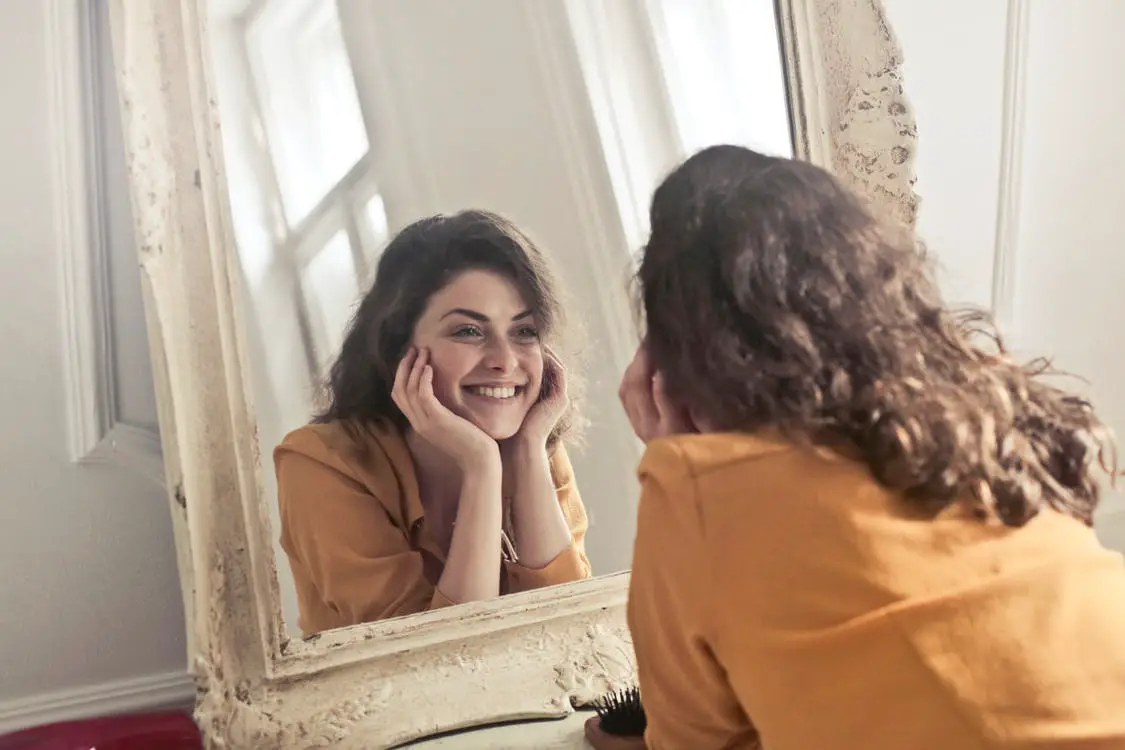
It’s very powerful just to become aware of something you are doing. This already ensures that 90% of the work is done. This already makes it very easy for you to stop judging.
Just being aware of your judgment is enough. This is important. Keep track of how often you judge in a week. If necessary, go a step further by becoming aware of the question: Where does that judgment / thought come from? Your school? A television program? Social conditioning …
The first step is awareness of your thoughts. In fact, that’s enough to stop judging.
Tip 13 – Understand the other
Do your best to understand the other instead of judging the other. Put yourself in the other person’s shoes. Read more about this in the article on empathy.
Allow others to travel. Each person learns his / her own lessons through his / her own life path. Keep your unsolicited advice and judgments to yourself. It is also completely unnecessary.
Tip 14 – See how your judgment is a reflection on yourself
The world is your mirror. Everything you say … says something about yourself. Your judgment says nothing about the TV show or the other person, but a lot about you. Apparently you think it’s important to pay attention to that – to such things. The reverse is also true: do you get a lot of misery over you? Then it is actually about the other. In short: spend your time on more meaningful things.
As soon as you judge less, you will also notice that others also judge you less.
Tip 15 – Develop the trait of proactivity

Proactive people don’t judge, because they always have a choice between two things:
- If they can do something about a situation, then they do something about the situation.
- If they can’t do anything about the situation, then they accept the situation.
Do you know what else proactive people know? That actions always come before words. If you know better, do better. Proactive people don’t judge and complain, but they take action themselves to get it done.
Tip 16 – Train yourself in acceptance
Accept the person for who he / she is and accept the situation as it is, without wanting to change the person or the situation.
Tip 17 – Love: you will always return to love
Love the other, love yourself and love the situation. You will always return to love. How soon will you return here?
Think for one second that God created this human being. This person is also from God. Are you insulting this person with your judgment? Then you insult God.
Tip 18 – Exchange your expectations for appreciation

We become unhappy when reality does not match our expectations. So don’t have high or low expectations. So replace your expectations with appreciation. Appreciate everything that happens and be grateful.
So be detached from expectations. Don’t have expectations, otherwise things can never be enough. Your life never seems good enough.
The lucky ones live peacefully – they reject both victory and loss.
Tip 19 – Leave your unsolicited advice and opinions at home: Keep your opinion and advice to you
Has anyone asked for your opinion, advice or judgment? If not, keep it to yourself. And even when people do ask, stay humble and modest.
You may feel the need to respond to something at certain times, for example on social media. Especially on things that you don’t agree with or that you don’t find interesting at all …
Why do you have to let us know what you think about something? Why don’t you just keep it to yourself? Why do we need to know what you think about something? So you consider yourself very important (hello ego)! You will let you know that …
Tip 20 – Learn non-judgment from Alan Watts & Eckhart Tolle
There isn’t really a book that is explicitly about non-judgment, but Alan Watts’ books – and Eckhart Tolle’s in particular – are infused with ways not to judge. Don’t label, disconnect the conditioning, calm the mind, don’t make up stories around it, observe and accept. It’s all there!
What are your experiences with being non-judgmental? Let me know in the comments.
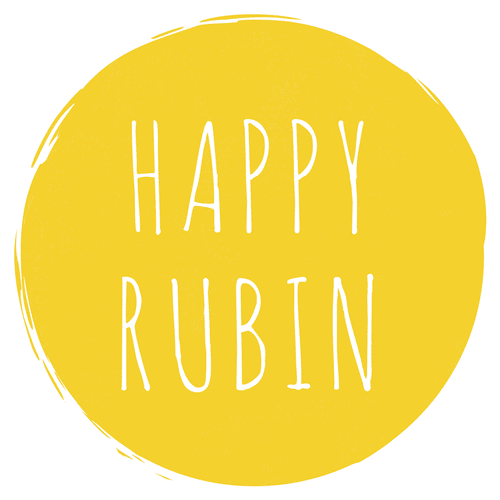
![5 Best Self Care Tips For College Students [#1 Advice]](https://happyrubin.com/wp-content/uploads/2021/09/the-best-self-care-tips-for-college-students-440x264.jpg)
![How To Stick To New Year’s Resolutions: 9 Tips [Smart & Sure Ways]](https://happyrubin.com/wp-content/uploads/2019/12/tips-voor-goede-voornemens-440x264.jpg)
![How To Stop Being So Hard On Yourself [9 Great Tips]](https://happyrubin.com/wp-content/uploads/2019/12/we-moeten-zoveel-van-onszelf-en-anderen-150x150.jpg)

![19 Best Ice Breaker & Get-To-Know-Eachother Games [Fun & Simple]](https://happyrubin.com/wp-content/uploads/2018/02/leukste-ijsbrekers.jpeg)
![Becoming More Social: 41 Tips [Improving Social Skills] [List]](https://happyrubin.com/wp-content/uploads/2018/06/sociale-vaardigheden1.jpeg)
![How to start a conversation with anyone: 15 tips [Making contact]](https://happyrubin.com/wp-content/uploads/2017/08/gesprekstechnieken1.jpeg)
![372 Friend Tag Q&A Questions [Best Friend Quiz]](https://happyrubin.com/wp-content/uploads/2019/05/best-friend-tag-vragen-voorbeelden.jpg)



![Clingy & controlling behavior of partner/date [Extreme examples]](https://happyrubin.com/wp-content/uploads/2020/06/claimerig-gedrag-van-partner-eigenschappen-en-voorbeelden-150x150.jpg)

![How to recognize if a man is in love [Signals & his body language]](https://happyrubin.com/wp-content/uploads/2020/05/verliefd-gedrag-van-mannen-herkennen-150x150.jpg)
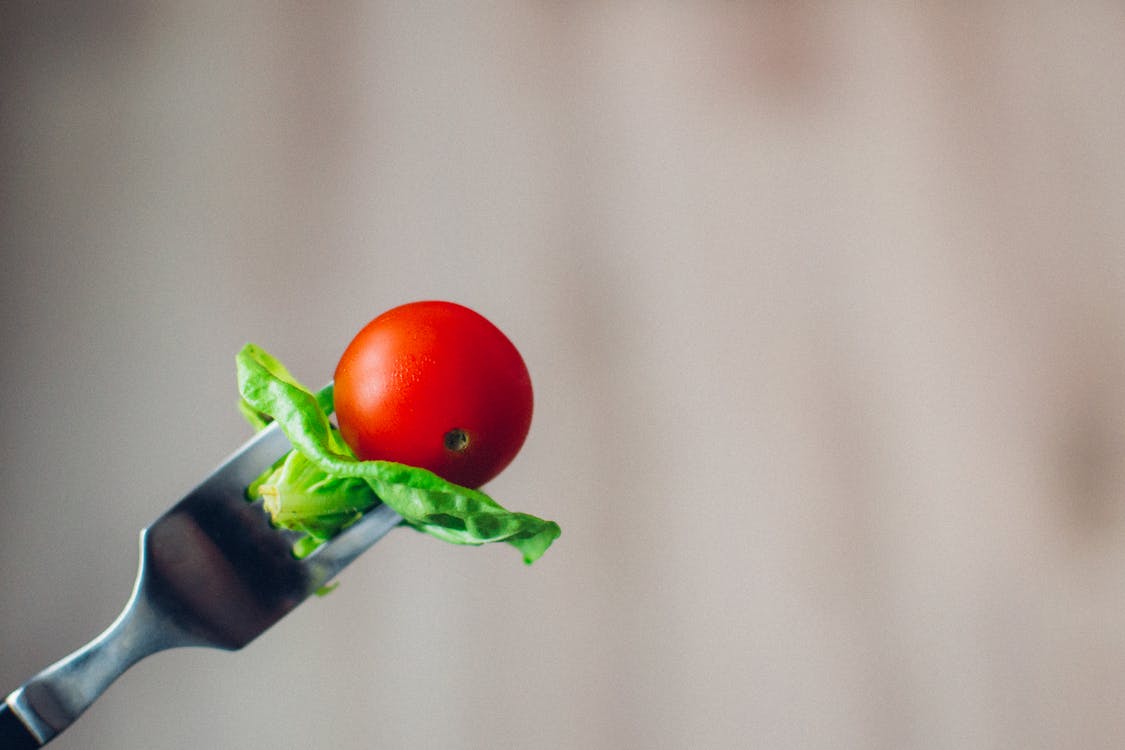

![Free will and religion / theology [Verses & Quotes on free will]](https://happyrubin.com/wp-content/uploads/2020/10/religion-on-free-will-quotes-1050x640-1-150x150.jpg)
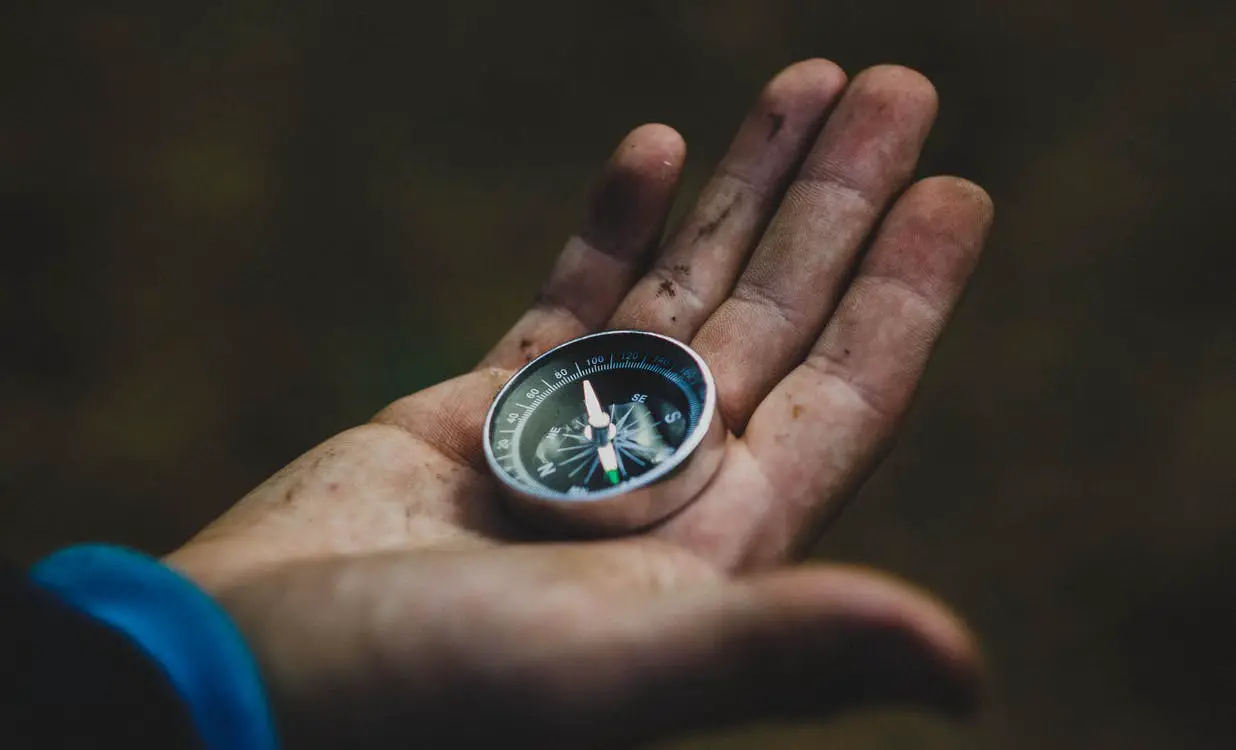
![Dealing With Setbacks & Hardship [Lessons & Examples]](https://happyrubin.com/wp-content/uploads/2018/11/omgaan-met-tegenslag-tips-hoe-dan.jpeg)
![NLP Agreement Frame: Use these exact sentences [Examples]](https://happyrubin.com/wp-content/uploads/2020/10/agreement-frame-nlp-1125x640-1-440x264.jpeg)
![122 Best Comebacks In Any Situation [Best Examples]](https://happyrubin.com/wp-content/uploads/2020/06/beste-comebacks-technieken-tips-440x264.jpg)
![Using Hypnosis to Stop Smoking [HowTo]](https://happyrubin.com/wp-content/uploads/2020/05/stoppen-met-roken-door-hypnose-150x150.jpg)
![Presuppositions language pattern: meaning & examples [NLP]](https://happyrubin.com/wp-content/uploads/2020/04/wat-zijn-vooronderstellingen-150x150.jpg)
![Peripheral Vision: Meaning & Exercise [Essential Skill]](https://happyrubin.com/wp-content/uploads/2020/04/perifeer-zicht-trainen-tips-150x150.jpg)

![How To Start A Coaching Business [21 Smart Tips]](https://happyrubin.com/wp-content/uploads/2018/11/coachingpraktijk-starten-tips.jpeg)
![How to make dreams come true? [33 tips to realize dreams 100%]](https://happyrubin.com/wp-content/uploads/2018/05/dromen-mijlpalen.jpeg)
![How To Become Rich? 27 Millionaire Tips [Guaranteed To Work]](https://happyrubin.com/wp-content/uploads/2018/01/hoe-kan-ik-rijk-worden.jpeg)
![77 Best Online Marketing Tools [Recommendations] [Also Free]](https://happyrubin.com/wp-content/uploads/2018/08/beste-onlne-marketing-tools-tips.jpeg)
![Complete List Of Virtues & Qualities [Including Explanation]](https://happyrubin.com/wp-content/uploads/2018/12/kernkwaliteiten-uitleg.jpeg)
![Being Attentive: How Do You Do That? [Meaning & 9 Tips]](https://happyrubin.com/wp-content/uploads/2019/05/attent-zijn.jpg)
![Being Conscientious: Meaning Of This Virtue [Explained]](https://happyrubin.com/wp-content/uploads/2018/07/Consciëntieus-persoon.jpg)

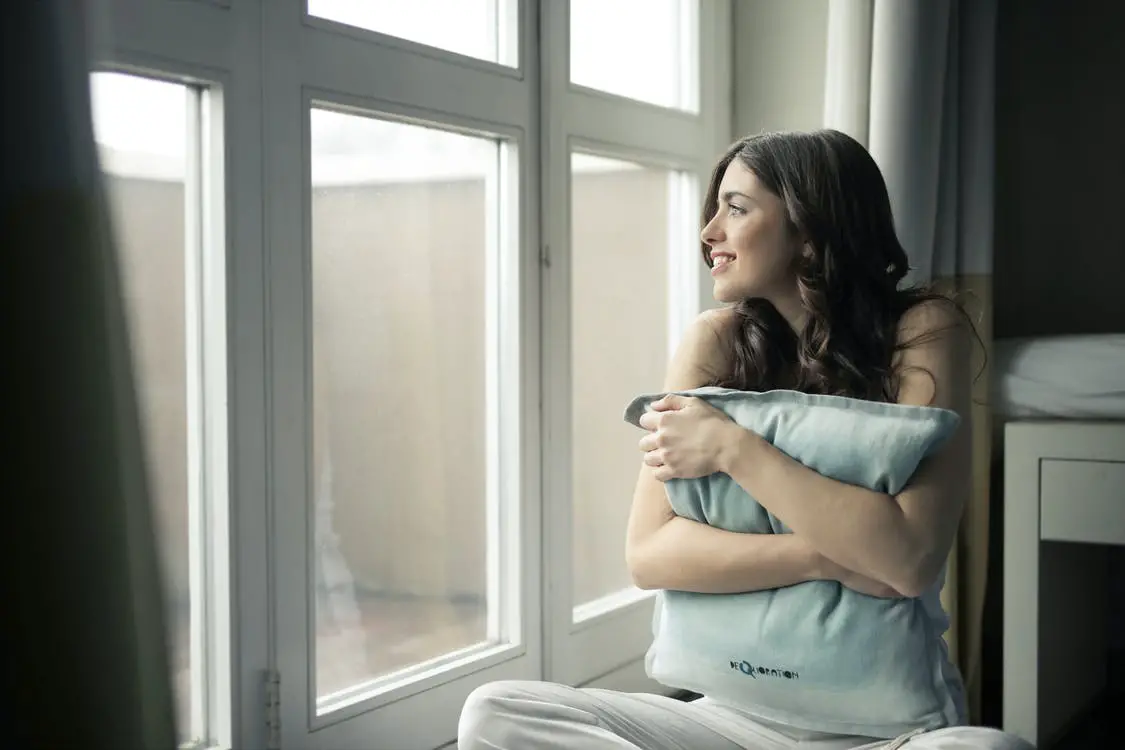
![Best Books About Burn-Out [Top 10] [Update 2025]](https://happyrubin.com/wp-content/uploads/2020/06/beste-boeken-over-burnout-lijst-440x264.jpg)
![Best Self-love Books [Top 10] [Update 2025]](https://happyrubin.com/wp-content/uploads/2020/04/beste-boeken-over-zelfliefde-aanraders-440x264.jpg)
![Life changing books: 10 books that change your life [2025 Update]](https://happyrubin.com/wp-content/uploads/2020/03/levensveranderende-boeken-tips-150x150.jpg)
![Top 10 Best Books: Recommendations Per Genre [2025 Update]](https://happyrubin.com/wp-content/uploads/2019/12/best-books-per-genre-150x150.png)
![Best Books On procrastination: Must Reads [List] [2025 Update]](https://happyrubin.com/wp-content/uploads/2019/11/beste-boeken-over-uitstelgedrag-tips-150x150.jpg)
![Joe Dispenza: Events To Attend [2025 & 2026] [All Info]](https://happyrubin.com/wp-content/uploads/2020/02/joe-dispenxa-events-440x264.png)
![Best Online Study Options [Online Education Top List]](https://happyrubin.com/wp-content/uploads/2019/03/best-home-study-options-440x264.png)
![Teachable Review & Experiences 2025 [Bad Online Training Tool?]](https://happyrubin.com/wp-content/uploads/2020/02/Teachable-review-ervaringen-150x150.png)
![Audible Review, Experiences & Special Discount [Scam?]](https://happyrubin.com/wp-content/uploads/2020/01/audible-review-ervaringen-150x150.png)
![Guest Posts Wanted [Free & Always Directly Accepted]](https://happyrubin.com/wp-content/uploads/2019/05/gastbloggen-regels.jpg)
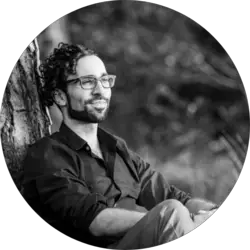
Hello Rubin,
I read many articles from you learned a lot thanks. Have a question about this article. If I am judging or making stories or just thinking functionally, then this happens through the voice in my head (thinking / ego). Can you make judgments / stories or think functionally without this voice? There are also situations that you understand but do not have to judge. I think that voice is normal and that it is a form of auditory thinking, but what about image thinkers (visual) who think through pictures in mind, do they not have a voice in a head? if that were not the case, they would not be able to judge and create stories and would be little bothered by their egos. mvg Rico
Thank you very much for reading them Rico!
If I look at my environment in this way, I would personally be able to confirm your suspicion that the image thinkers are less ‘burdened’ by judgments / stories / interpretations / ego. I hear from many auditory thinkers that they have more to do with that. With these people the voice comes into play more easily than with image thinkers, but image thinkers have it too, I think. It is also not wrong that we all have an ego (which sometimes comes into play). That is part of life.
Learning not to judge is not an exact profession like learning how to file a tax return. When learning how to do your tax return, there are just rules that can be implemented in one way, but when learning not to judge, it is not all that exact. So it could also be just like that to judge or think functionally without the voice. In any case, I haven’t caught myself that often (I have a strong auditory thinking), but I sometimes hear from other people that they think and make stories in images, but it may be possible.
Thanks for your explanation Rubin,
The little voice comes too often to me while you can understand situations without that voice. If a car is too slow for you, you don’t have to tell yourself, the disadvantage is that you can end up in a longer story. If I put in my mind what errands I have to do, that voice is there too, but this is functional so okay. I am starting to understand it also from your other articles on thinking. Beautiful! 🙂
Rico